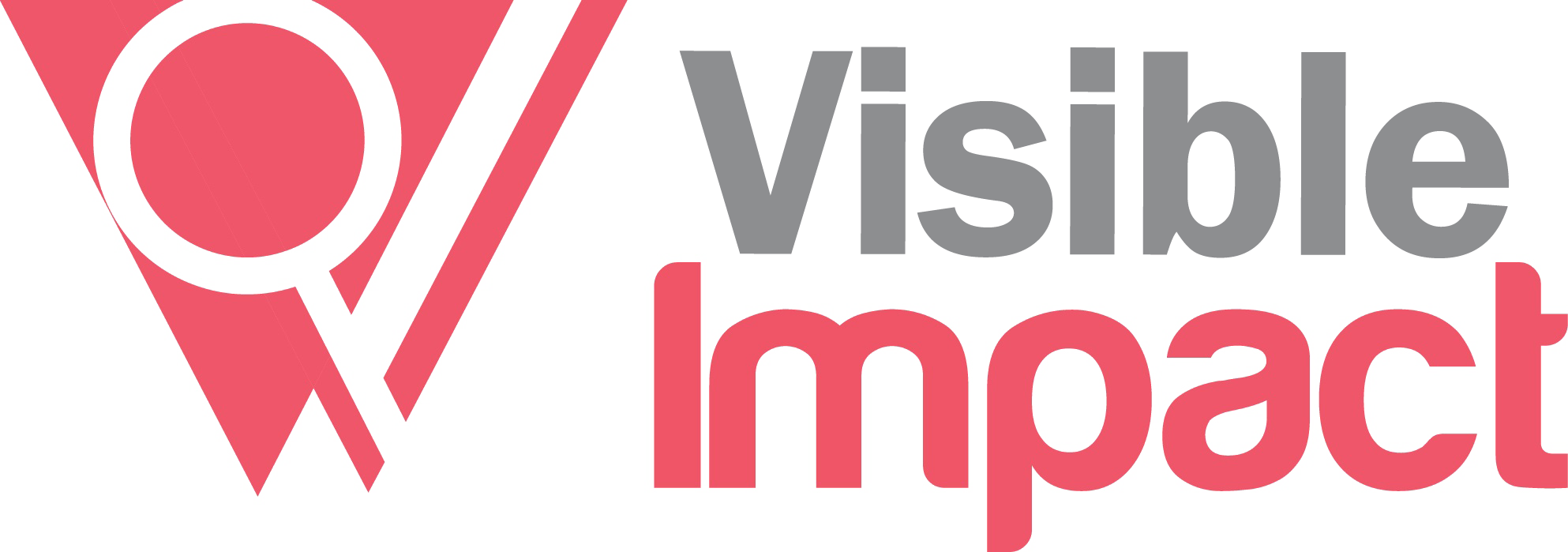" Embracing Inclusivity: Advocating for Menstrual Health and Hygiene Among Persons with Disabilities"
As I was tasked with conducting a menstrual health and hygiene management session for persons with disabilities this year, I couldn't help but feel a mix of excitement and uncertainty. The complexity of interacting with this diverse group compelled me to reflect on the importance of addressing their unique challenges. Little did I know that this experience would open my eyes to the profound impact of inclusive conversations.
During our preparatory session, our facilitator shared a poignant story about a blind woman's unconventional experience with menstrual hygiene. Her unfamiliarity with wearing pads led to an awkward situation, with the adhesive becoming entangled in sensitive areas. This anecdote served as a reminder that seemingly mundane topics like menstruation can present extraordinary challenges for persons with disabilities. I realized that there was much work to be done.
Conducting the session with blind students offered invaluable insights. Observing their confidence and independence as they guided me through the school's pathways emphasized the importance of empowering individuals to lead self-sufficient lives. The session itself was a warm and engaging experience. The students displayed a genuine eagerness to learn, and their curiosity ignited my passion for delivering comprehensive information. While describing alternatives such as menstrual cups initially posed a challenge, I believed in their right to access all relevant knowledge.
As the students posed numerous questions about menstrual cups, I provided them with all the information I had. However, I soon realized that it was crucial to tread carefully. Offering guidance without the proper support systems in place could potentially lead to unintended consequences. Sensing this, I quickly corrected my approach, suggesting they seek assistance from the school nurse or a healthcare professional, or even refer to instructional videos. Acknowledging my misstep, I promptly apologized, recognizing the importance of learning from our mistakes to ensure genuine sensitivity in these conversations.
Participating in Visible Impact this year significantly broadened my advocacy horizons. Previously, my focus on menstrual health and hygiene had been limited to individuals without disabilities. However, the experiences shared by persons with disabilities ignited a strong desire within me to work toward advocating for their rights. While many children still lack access to menstrual-friendly infrastructures, students with disabilities face additional hurdles in receiving basic education. It is essential to address their unique needs and amplify their voices.
Discussing menstrual health and hygiene is a vital endeavor that encompasses all individuals, regardless of their disability status. The challenges faced by persons with disabilities, including social isolation, stigma, discrimination, and limited access to healthcare services, necessitate urgent attention to ensure their overall well-being and quality of life. By embracing inclusive conversations, we can dismantle the barriers that perpetuate social exclusion and discrimination. Together, let us strive for a society where menstrual health and hygiene are prioritized for all, fostering equity and inclusivity.
